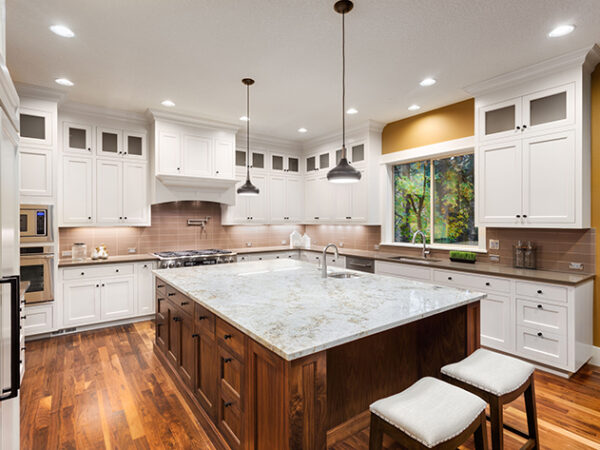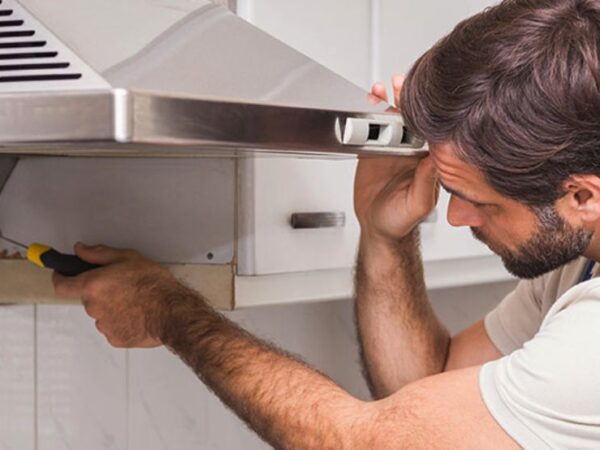If you are planning to get a new countertop, you may be choosing between granite and quartz. Both options are available in a variety of colours and patterns and make durable work surfaces. But for most fabricators, granite is better than quartz. Before you visit a supplier like Graniteausommet.com, read on to know more about these countertop options:
Although both granite and quartz are durable, their longevity depends on the type of abuse they are subjected to. Do you tend to cook or bake a lot? Most people do and you may be cutting, moving heavy mixing bowls, as well as handling hot pans and pets every day. Also, you may be using small appliances such as crockpots and stand mixers. It is important to compare how granite and quartz hold up to abuse and accidents.
Quartz is Not as Heat Resistant as Granite
Granite formation occurs under intense heat. Granite naturally stands up to high temperatures. Hot pans and posts do not damage a surface made of granite. Meanwhile, quartz is less resistant to heat than granite. If you have a quartz countertop, you must use a trivet or hot pad when placing anything hot on the surface. Quartz is made of resin used for giving it shape and flexibility. Unfortunately, this resin melts and warps under high temperatures.
Granite is More Resistant to Scratches than Quartz
Again, the resin used for making quartz is sustainable to heat damage, making it prone to scratches. Although quartz does not easily scratch when used under normal situations, it may show scratches from slipping knives and dropped pans.
Chips in Granite Can be Repaired
Sometimes, accidents can happen and your granite can get chips from them. Thankfully, chips on granite can be easily fixed and you may be able to do it on your own when you get advice from a pro. The majority of home improvement stores sell granite repair kits. Although you can also use these kits with quartz, the repairs may noticeable and difficult to polish out.
Maintenance is Easier with Granite
Due to the composition of granite, it can easily get stained. Also, some granite varieties can be porous as it’s natural stone. With granite, stains are real unless you seal the material once or twice every year.
As quartz is glued together using a man-made resin, it’s non-porous. Thus, it can resist stains and is low maintenance. But this resin makes quartz susceptible to damage and discolouration from hot pans and pots.





